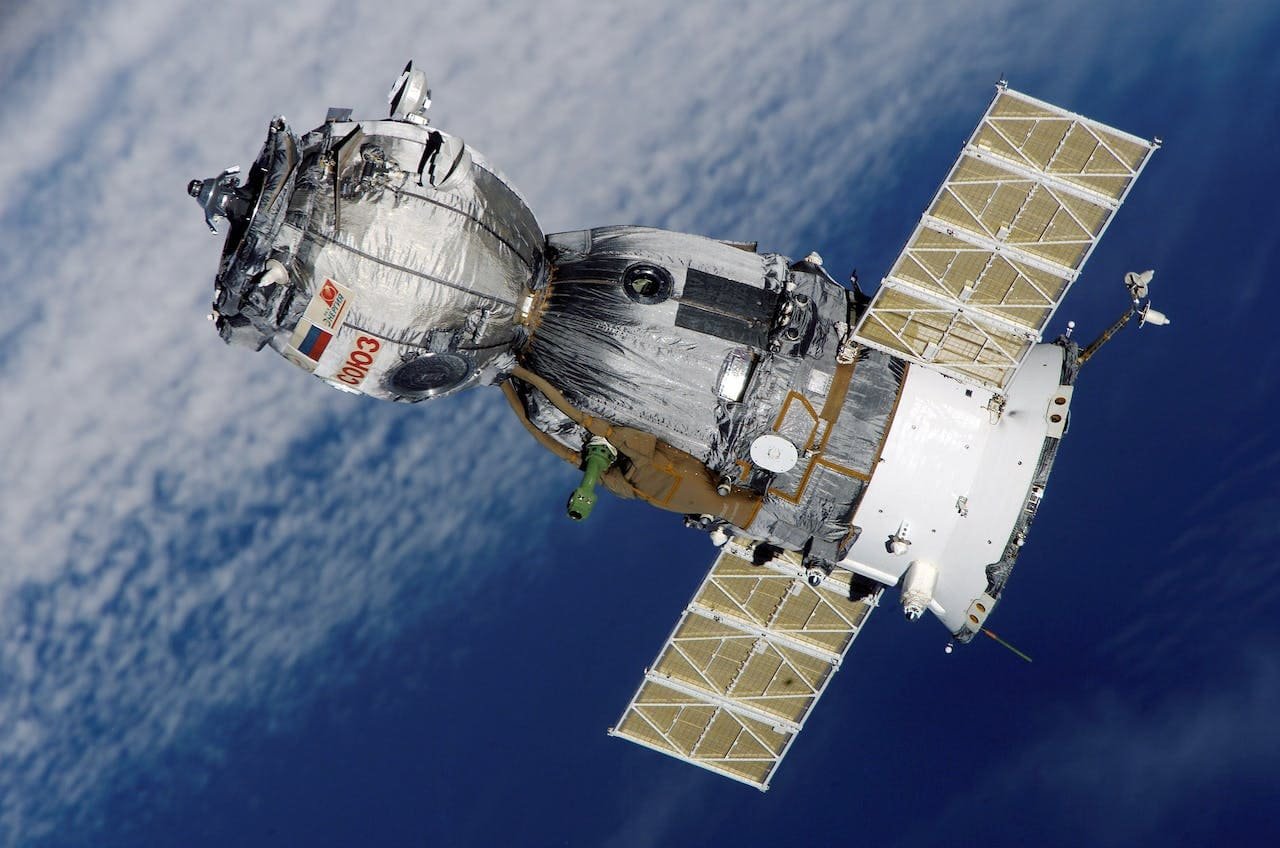Intellectual property rights
“A business is an odd mixture of possessing both tangible and intangible assets. The potential of intangibles is so great that they alone can ensure exponential growth in revenue and profitability.
Submit Your Query
Intangible can be termed as Patents, Designs, Logo, Copyright, Trade Mark etc. All of these distinguish any organisation from others.
When it comes to trade names or logos, practically every product has a name attached to it. comparable to fast food with McDonald’s, Burger King, etc.; cosmetics with Garnier, Loreal, Lakme, etc.; baby items with Jhonson & Jhonson; and mobile with Samsung, Apple, etc. Fans with USHA, Khetan, etc., electrical appliances with LG, Bajaj, etc. Rolling camera with Kodak. These are all excellent examples of brand names and their importance in the business world in terms of demand and unique product recognition.
The same is true when it comes to invention (of a thought or idea) or production (of an artistic or literary work, a design, etc.). These things are unique and need to be assigned ownership and protected as well.
Patent law provides legal protection and ownership assignment for inventions.
Trademarks are legally awarded ownership and are protected. Trademark
Under the terms of copyright and design, creations are shielded and awarded ownership.

Intangibles are generally registered for the following reasons:
- Transfer of Ownership
- Preventing others from using it without permission.
Intangibles not only assign a distinct and one-of-a-kind identity but also create income through the sale of usage rights. Transferring use rights enables an organisation to expand internationally as well as serve as a source of income. Since it is not technically feasible nor economically feasible for a corporation to designate its physical presence everywhere, your name will nonetheless operate there simply through the assignment of usage rights.
Patents are used to assign ownership of inventions and to protect them. “Something that has never been made before, or the process of creating something that has never been made before,” is the etymological definition of invention.
When such a special thing is created or discovered, its use by others is justified for the advancement of civilization, infrastructure, technology, or society at large. However, this is only possible if the thing’s creator is granted the right to use the thing for his or her own purposes before allowing others to use it for obvious financial gain. It is only conceivable when a system of this nature is in place, and the Patent System only functions according to those postulates.
The story of copyrights and designs is similar. Artistic and literary works are reflections of a person’s ingenuity, therefore protecting their ownership rights and preventing their unlawful use by others is once again justified.
Intellectual Property India is in charge of managing the registration of intangibles, and the entire procedure is done electronically online. This means that one can apply for registration of an intangible from his office space without having to physically interact with the offices.
For any inquiries or help relating to registration.




